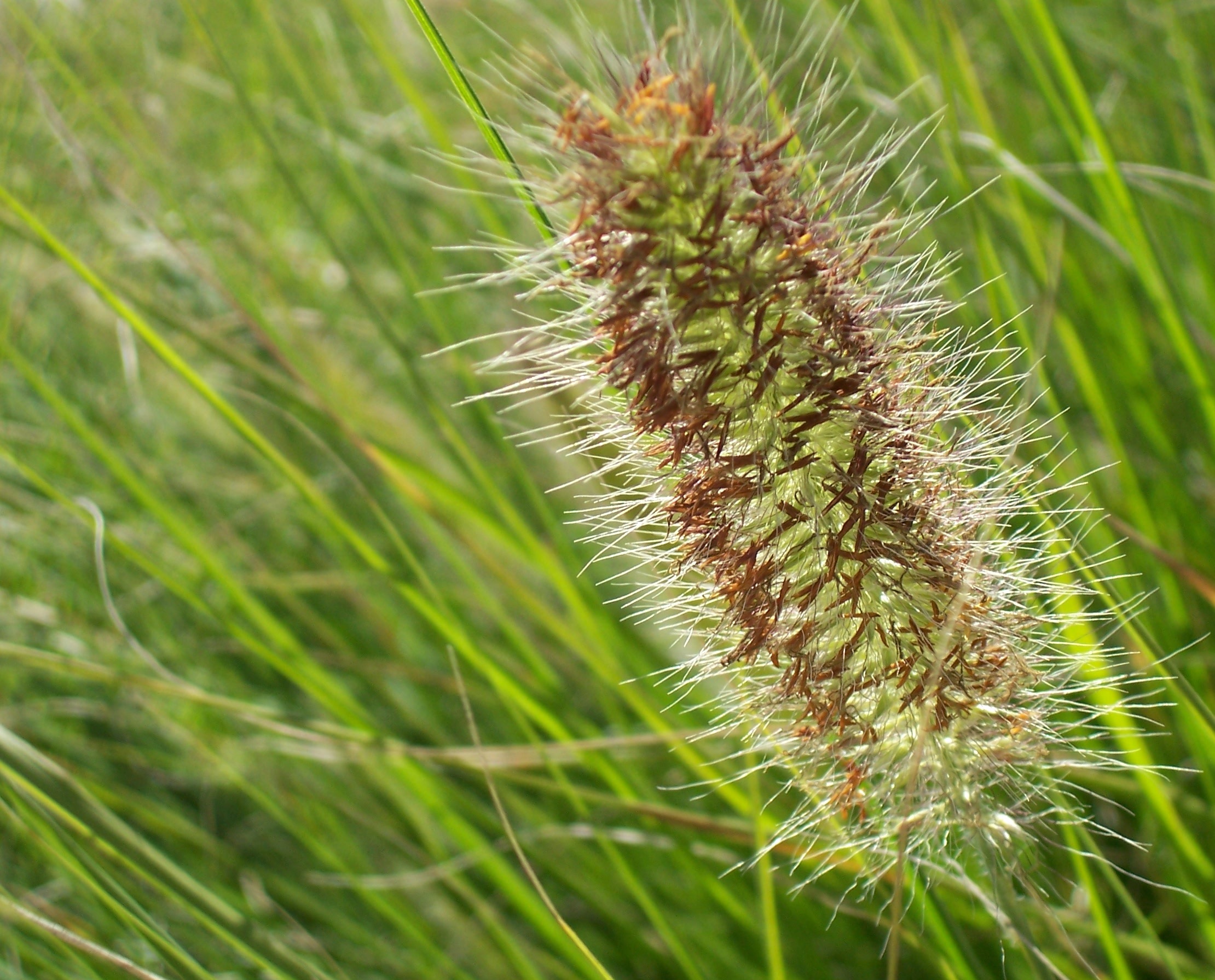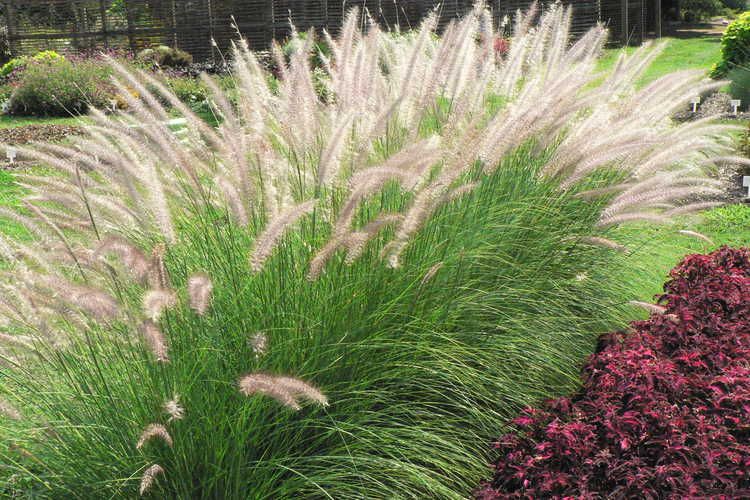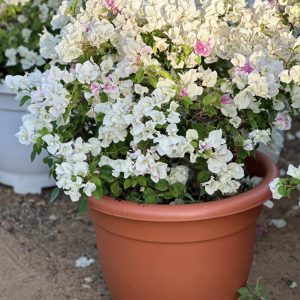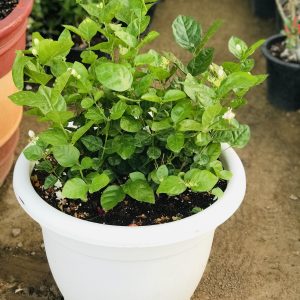Pennisetum Setaceum (Fountain Grass)
Pennisetum setaceum, commonly known as Fountain Grass, is an ornamental grass prized for its graceful appearance and striking plume-like flower spikes. Native to Africa, this perennial grass has become popular in gardens and landscapes worldwide due to its versatility and beauty.
Fountain Grass forms clumps of slender, arching leaves that can reach heights of 2 to 4 feet (60 to 120 cm) and spread about 2 to 3 feet (60 to 90 cm) wide. The foliage is usually green, providing a lush backdrop for the showy flower spikes that emerge in summer. The flower spikes, resembling fountain-like plumes, vary in color from pink, purple, or white, depending on the cultivar.
To ensure the health and vibrancy of your Fountain Grass, here are some care tips to follow:
Pennisetum Setaceum (Fountain Grass) Sunlight:
Fountain Grass thrives in full sun, so choose a location that receives at least 6 to 8 hours of direct sunlight daily. Insufficient sunlight may lead to reduced flower production and floppy growth.
Pennisetum Setaceum (Fountain Grass) Soil:
This grass is adaptable to different soil types but prefers well-draining soil. Ensure good drainage to prevent waterlogging, which can cause root rot. Amending the soil with organic matter, such as compost, can enhance its fertility and drainage capabilities.
Pennisetum Setaceum (Fountain Grass) Watering:
While Fountain Grass is relatively drought-tolerant once established, it requires regular watering during its initial growth period. Water deeply but infrequently, allowing the soil to dry slightly between watering sessions. Avoid overwatering, as it can lead to fungal diseases.
Pennisetum Setaceum (Fountain Grass) Fertilization:
Fountain Grass typically doesn’t require heavy fertilization. Applying a balanced slow-release fertilizer in early spring can provide the necessary nutrients for healthy growth. Follow the package instructions for the correct application rate.
Pennisetum Setaceum (Fountain Grass) Pruning:
In late winter or early spring, before new growth emerges, prune Fountain Grass to a few inches above the ground. This helps rejuvenate the plant, remove dead or damaged foliage, and promote vigorous new growth. Avoid pruning too late in the season, as it may disrupt the growth cycle.
Winter care:
Fountain Grass is considered perennial in warmer regions but may require protection in colder climates. In areas with frost or freezing temperatures, cut back the grass to a few inches above the ground in late winter or early spring. Applying a layer of mulch around the base can help insulate the roots and protect them from harsh winter conditions.
With its graceful form, vibrant flowers, and low maintenance requirements, Pennisetum setaceum (Fountain Grass) is an excellent choice for adding texture and visual interest to your garden or landscape. Whether used as a focal point, border planting, or in mass plantings, it creates a captivating display throughout the growing season.









Reviews
There are no reviews yet.